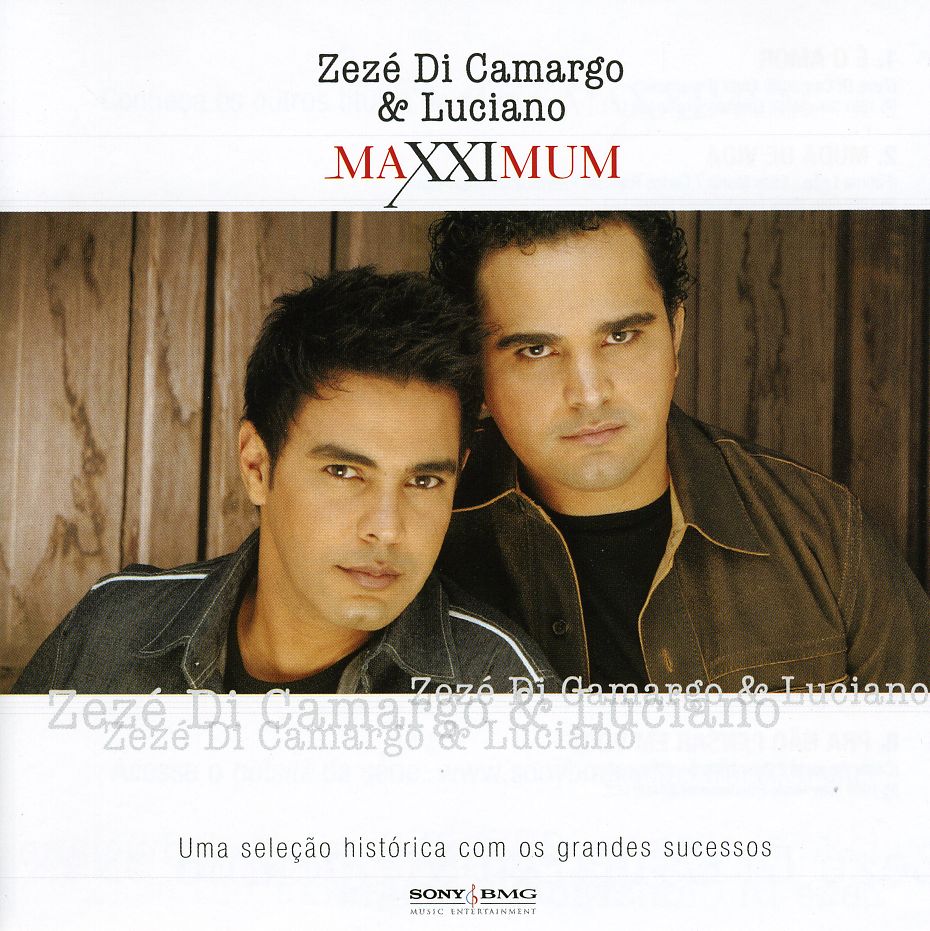
description
rton employs the term here, means "right opinion." In this, the masterpiece of his brilliant literary career, Chesterton applies the concept of correct reasoning to his acceptance of Christian faith. As he expresses it in his preface, "It is the purpose of the writer to attempt an explanation, not of whether the Christian Faith can be believed, but of how he personally has come to believe it. The book is therefore arranged upon the positive principle of a riddle and its answer. It deals first with all the writer's own solitary and sincere speculations and then with all the startling style in which they are all suddenly satisfied by the Christian Theology. The writer regards it as amounting to a convincing creed. But if it is not that, it is at least a repeated and surprising coincidence."
Written in a down-to-earth and familiar style, Orthodoxy nevertheless presents formal and scholarly arguments in the explanation and defense of the tenets underlying Christianity. Paradox and contradiction, Chesterton maintains, do not constitute barriers to belief; imagination and intuition are as relevant to the processes of thought and understanding as logic and rationality. "Whenever we feel there is something odd in Christian theology," he observes, "we shall generally find that there is something odd in the truth." Chesterton defines his insights with thought-provoking analogies, personal anecdotes, and engaging humor, making his century-old book a work of enduring charm and persuasion.
Written in a down-to-earth and familiar style, Orthodoxy nevertheless presents formal and scholarly arguments in the explanation and defense of the tenets underlying Christianity. Paradox and contradiction, Chesterton maintains, do not constitute barriers to belief; imagination and intuition are as relevant to the processes of thought and understanding as logic and rationality. "Whenever we feel there is something odd in Christian theology," he observes, "we shall generally find that there is something odd in the truth." Chesterton defines his insights with thought-provoking analogies, personal anecdotes, and engaging humor, making his century-old book a work of enduring charm and persuasion.
member goods
No member items were found under this heading.
Return Policy
All sales are final
Shipping
No special shipping considerations available.
Shipping fees determined at checkout.







